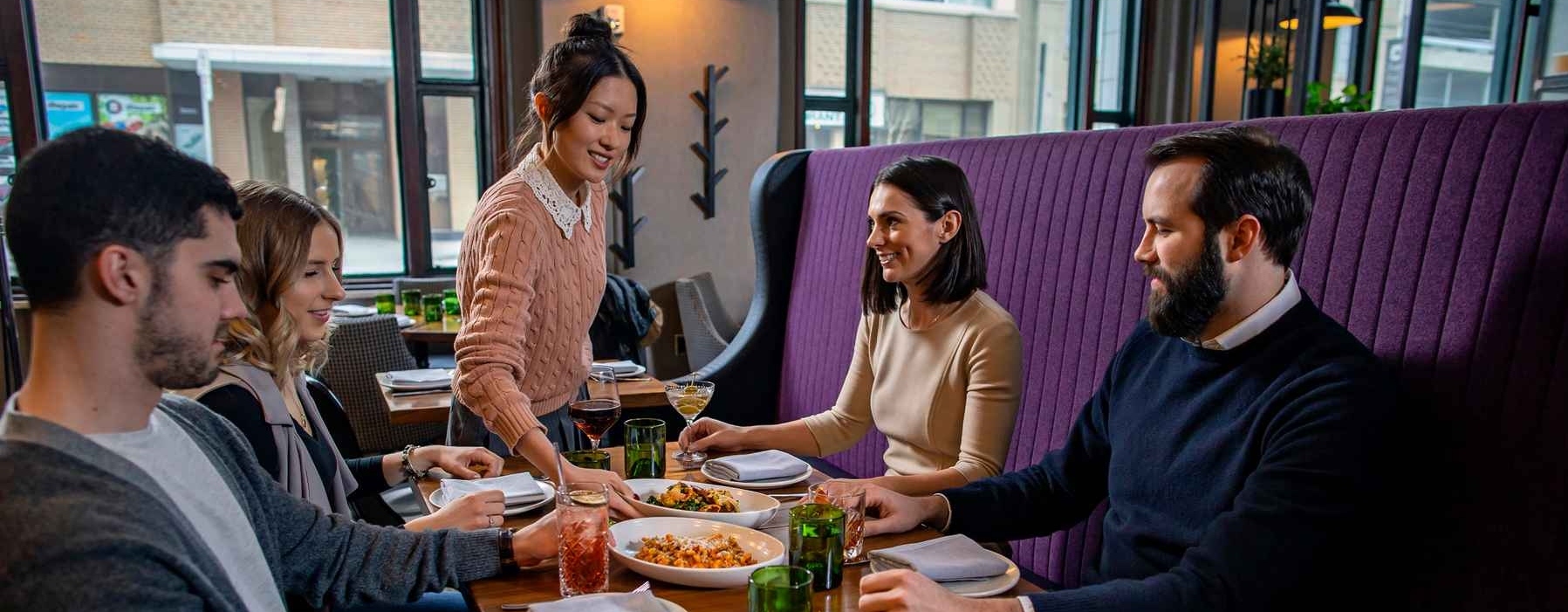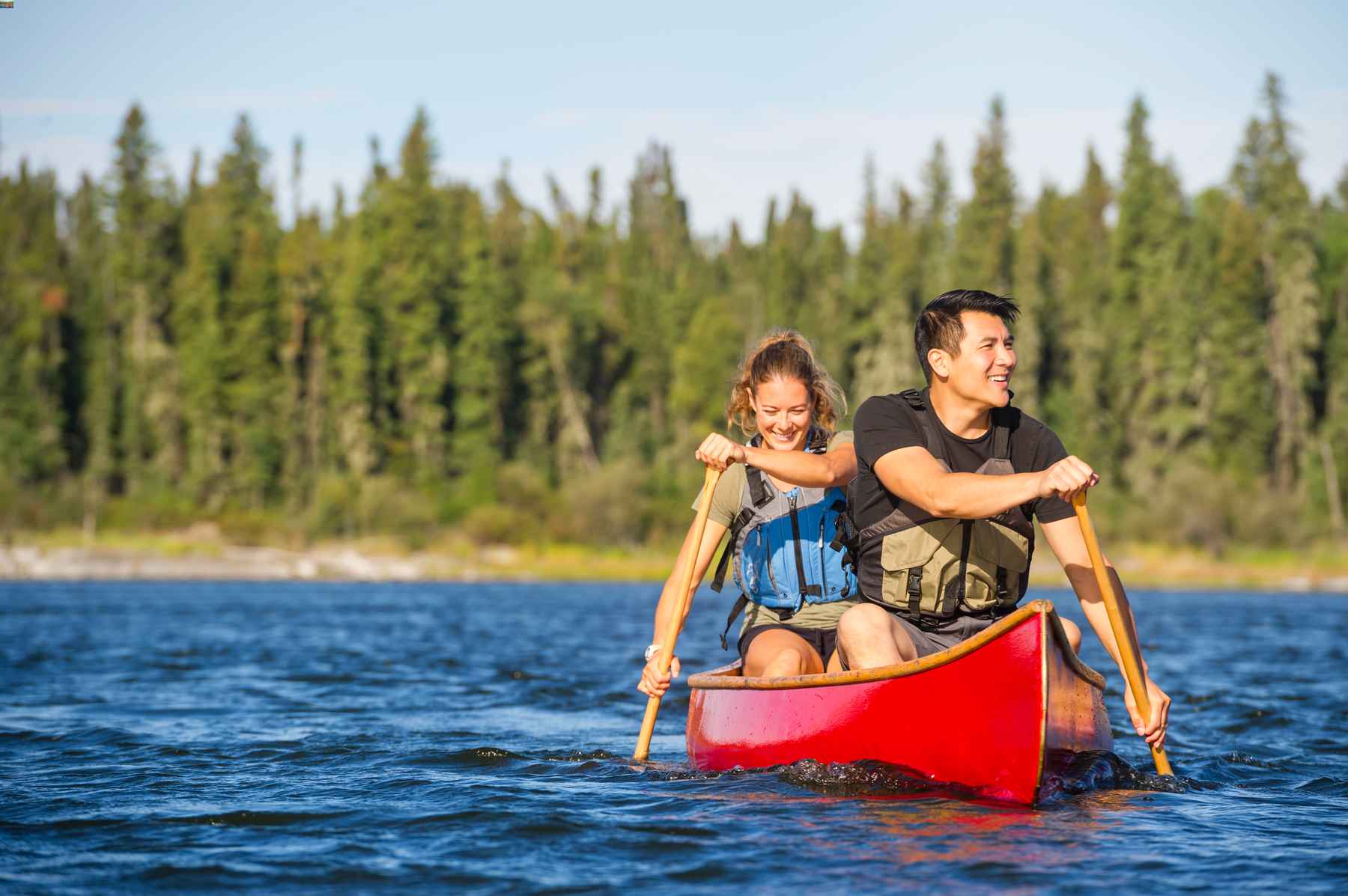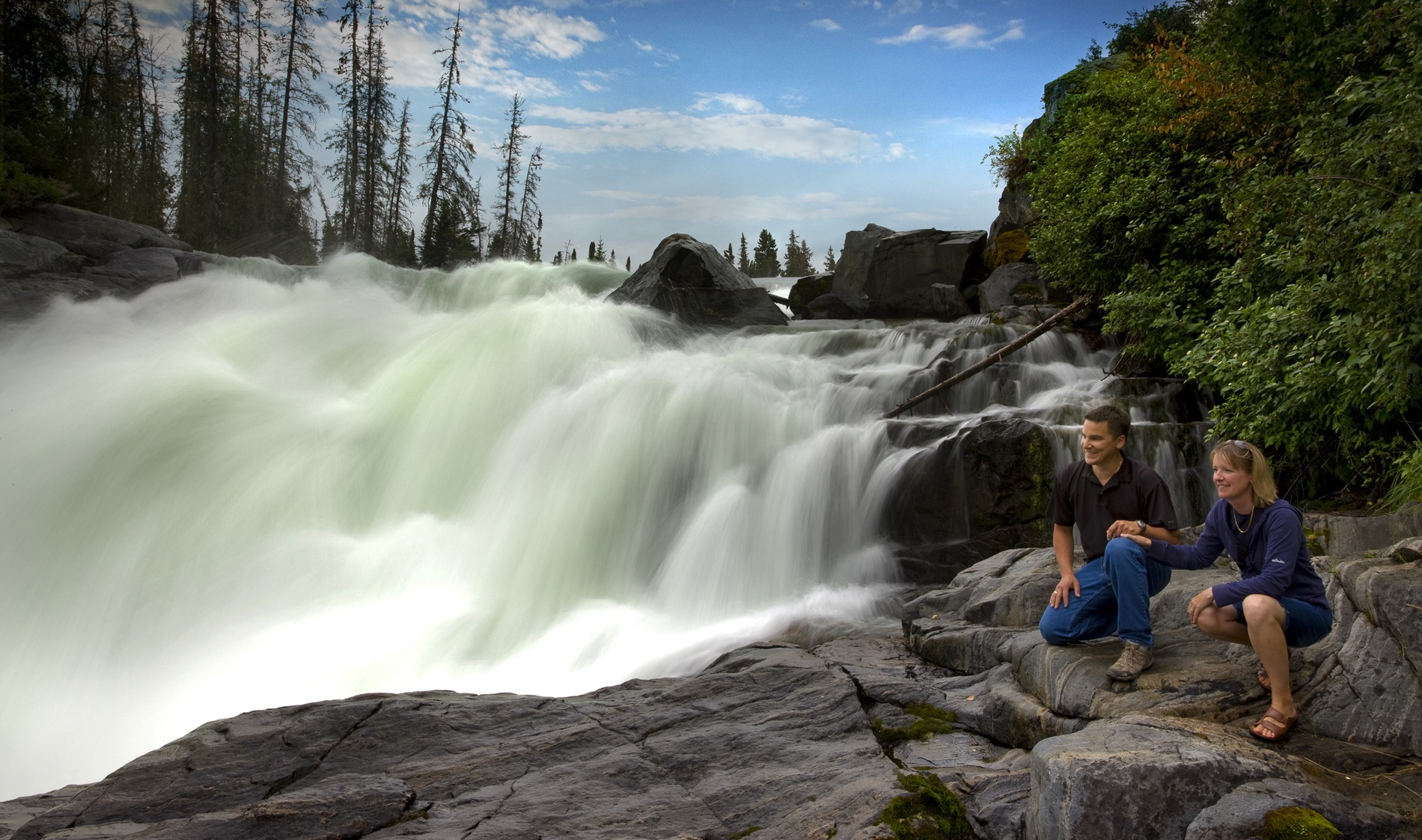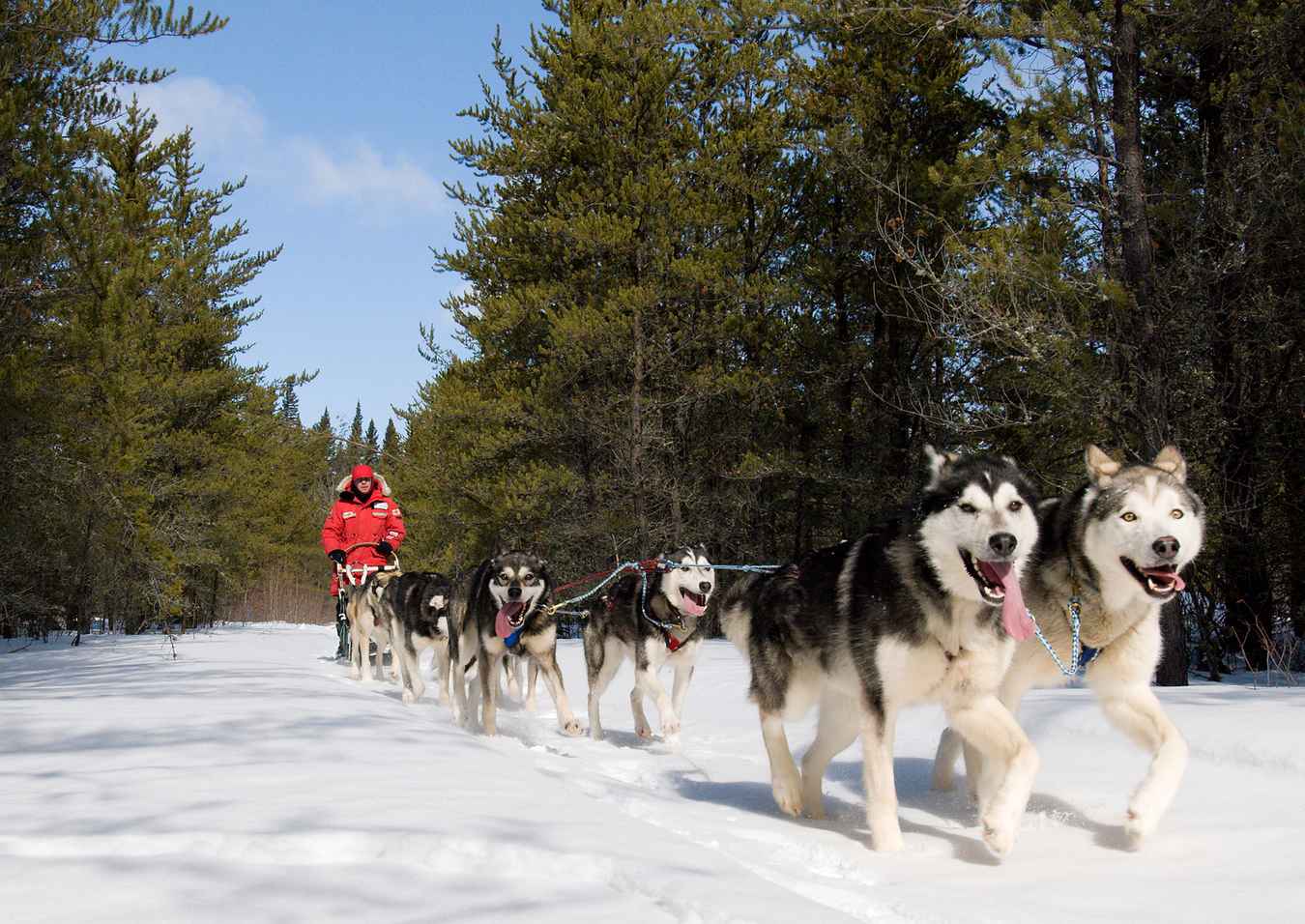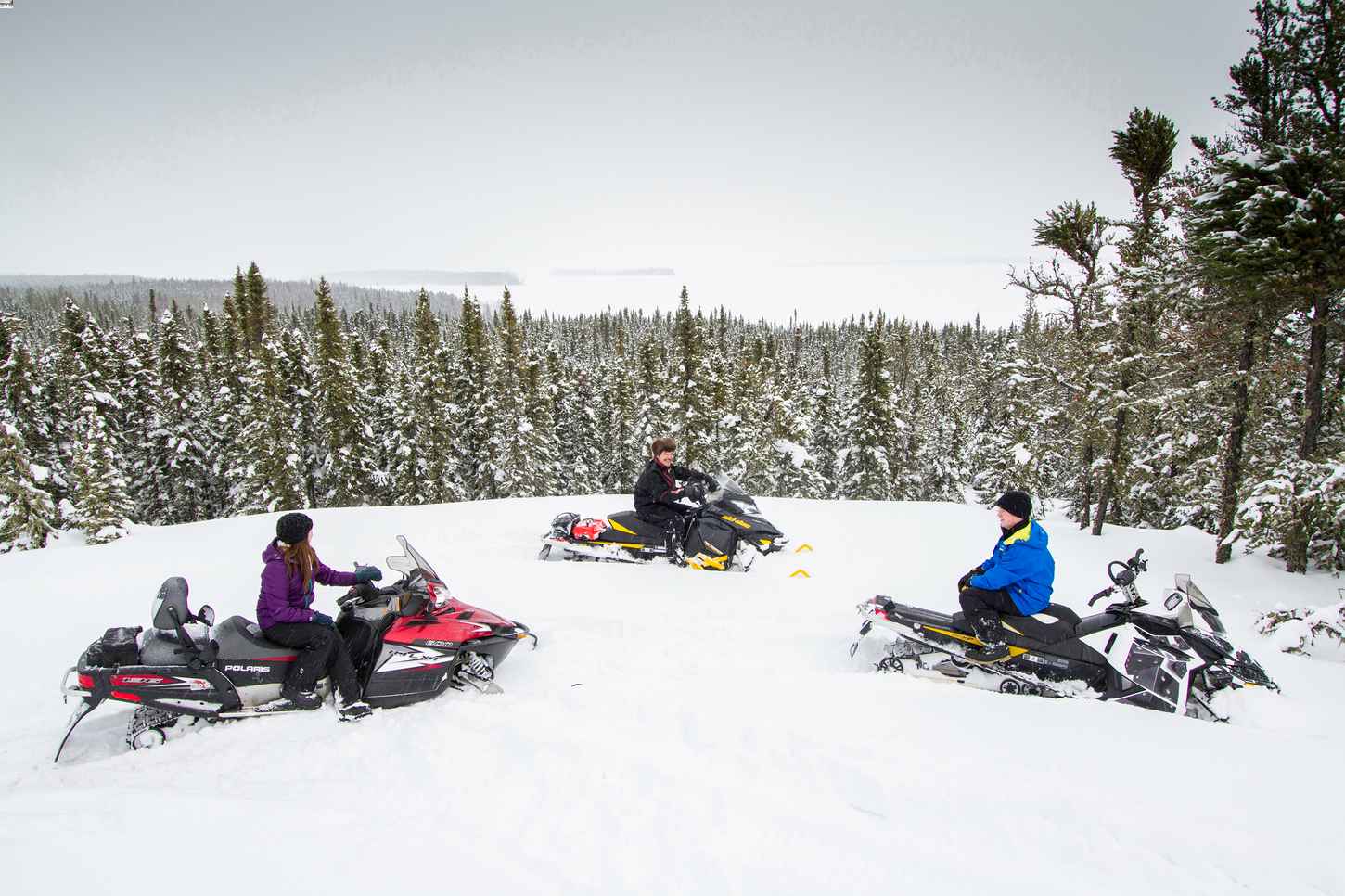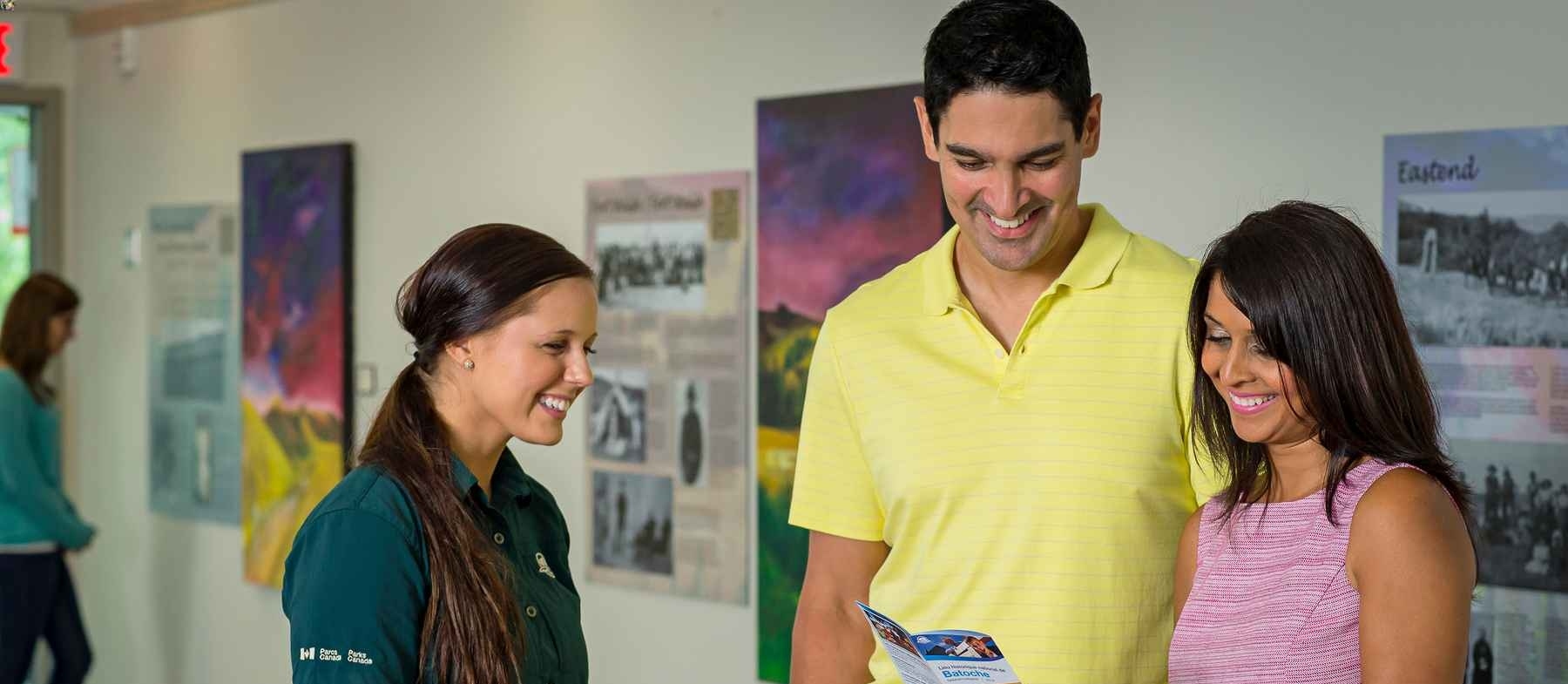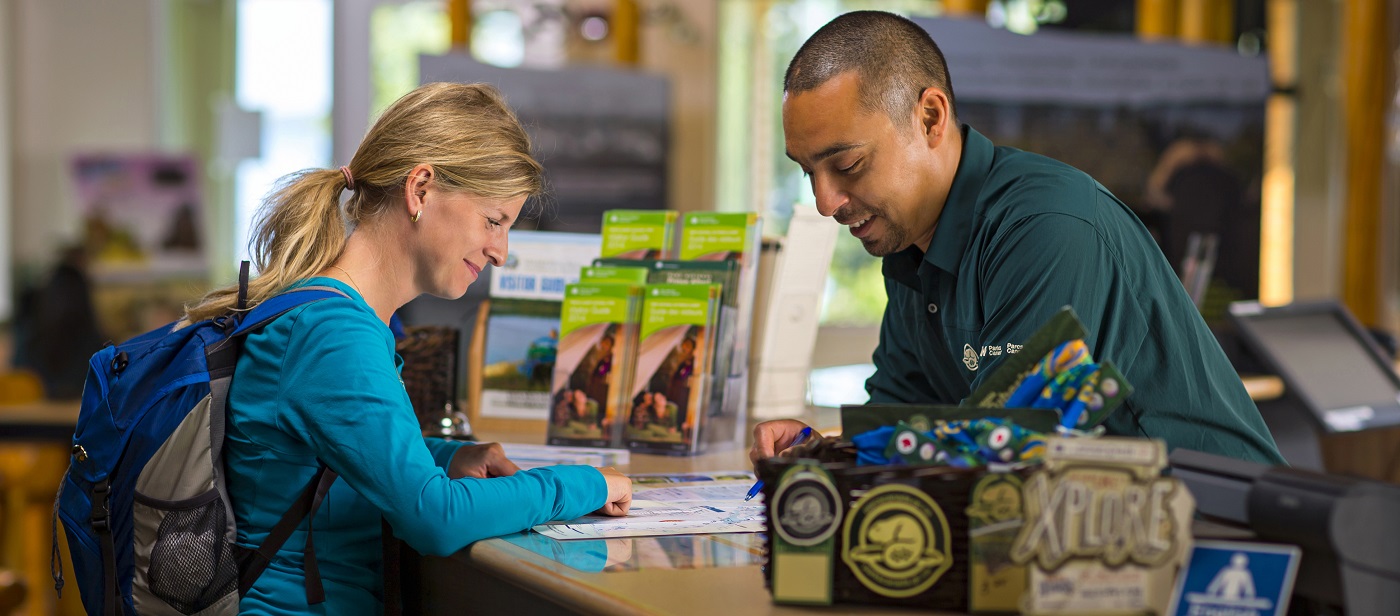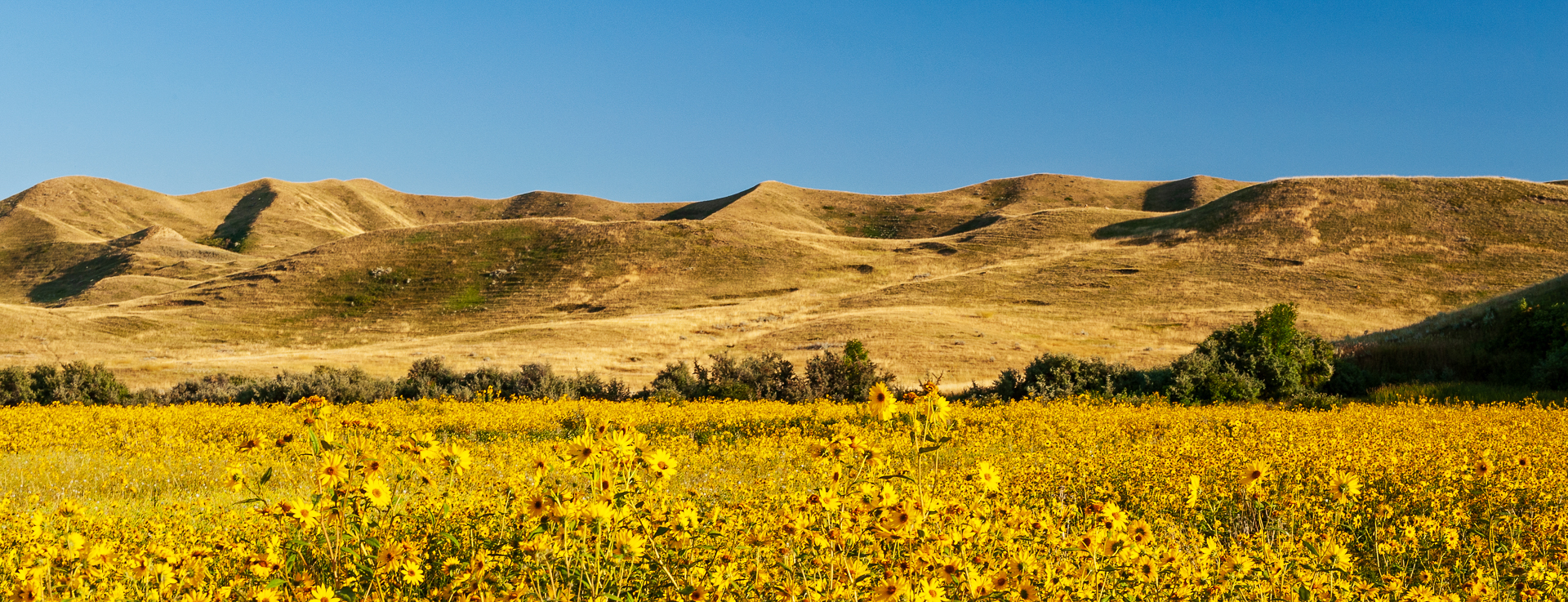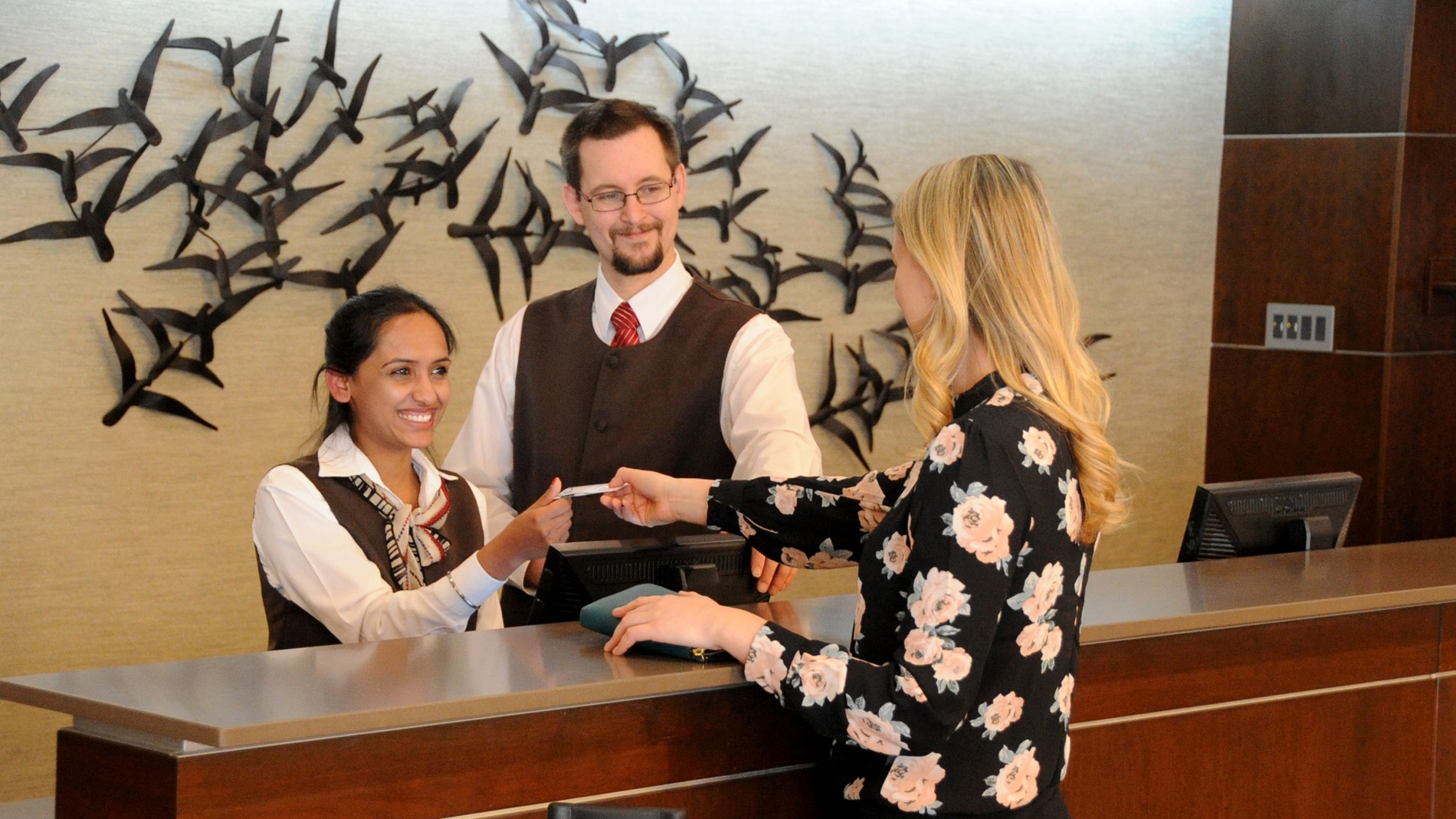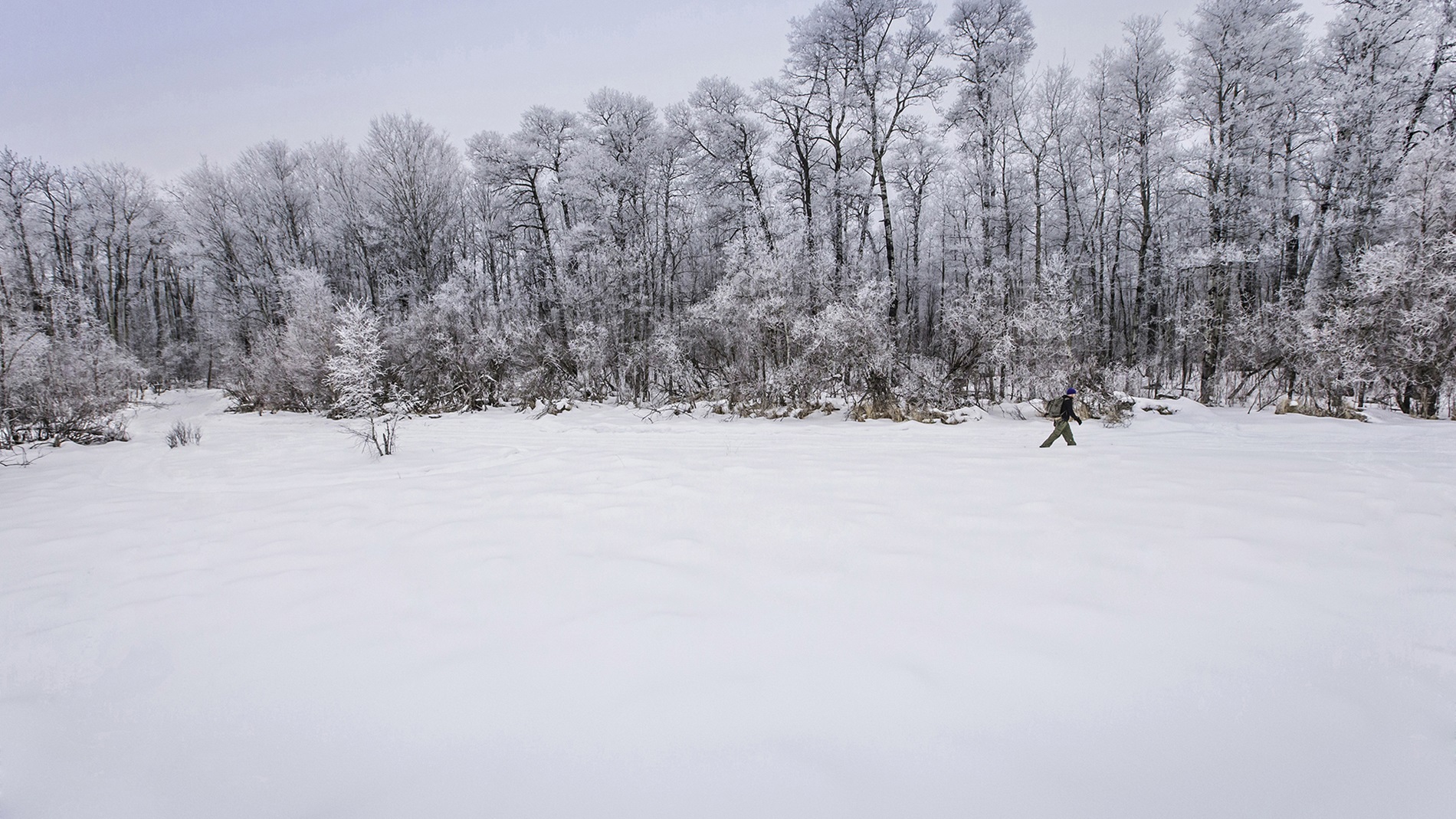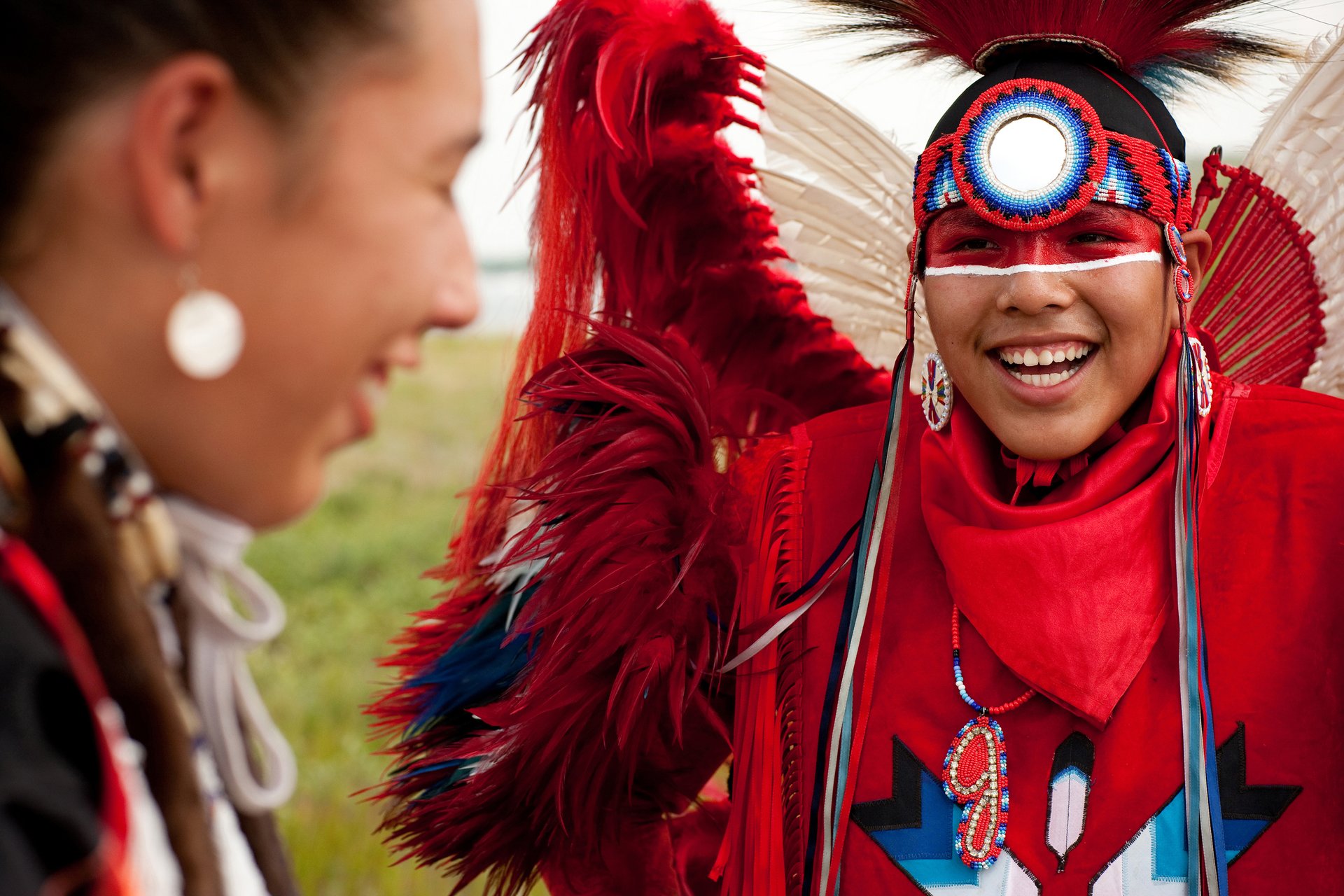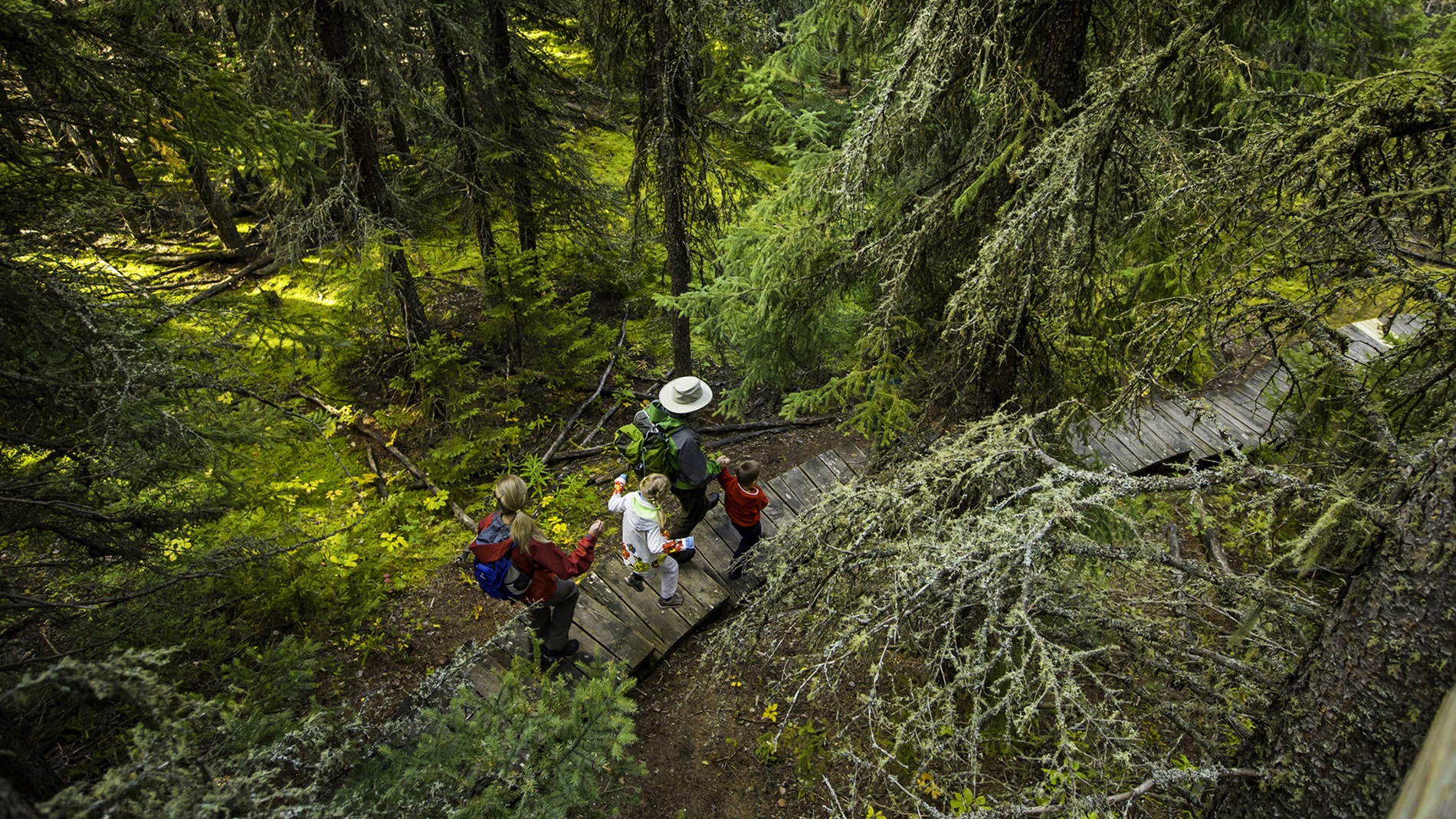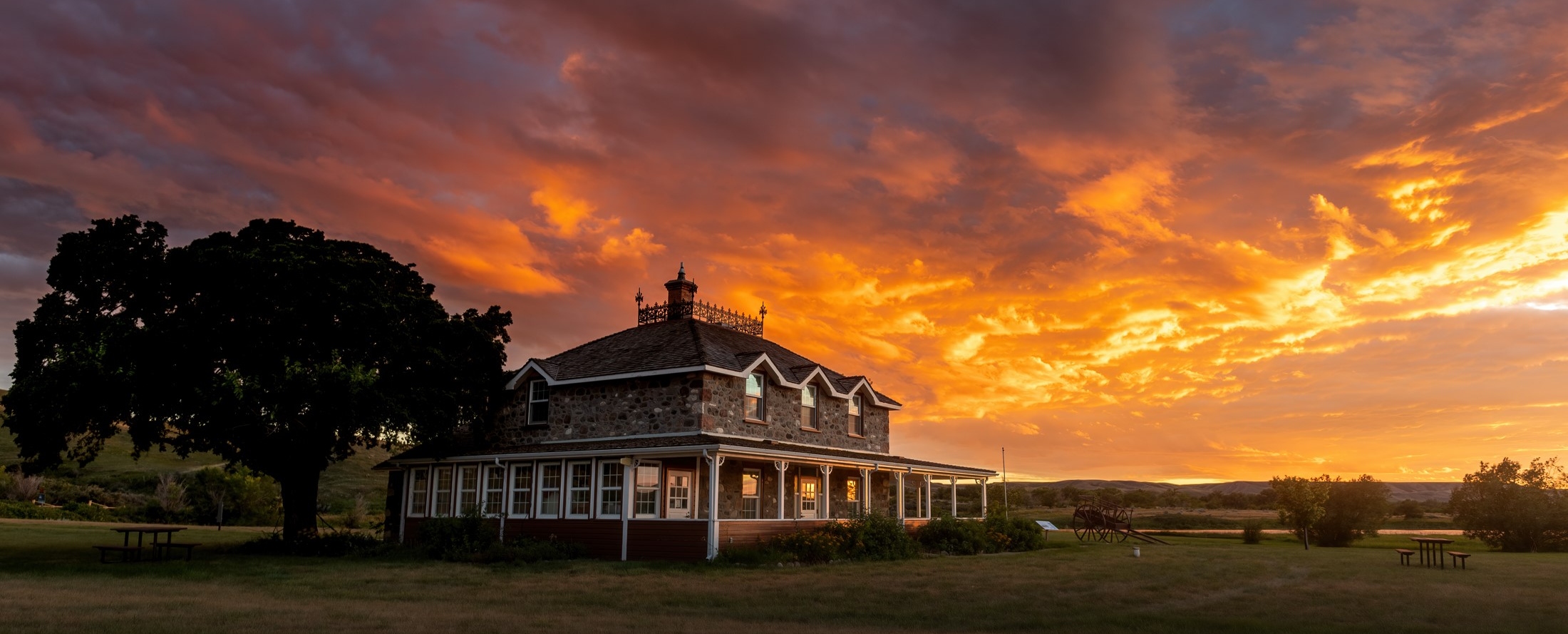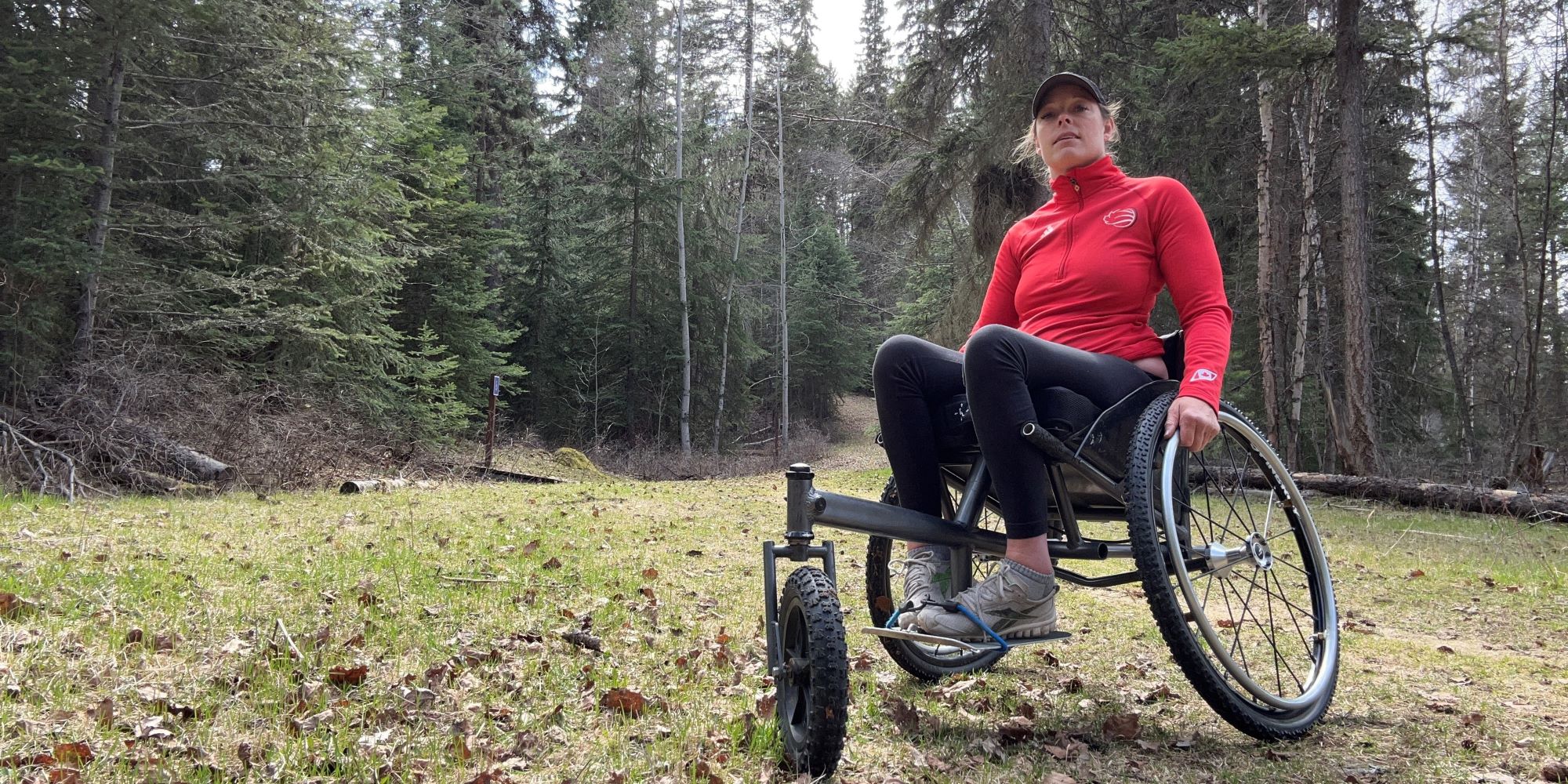Accessibility can have a big impact on tourism operations. If you’re not accessible, you’re not just turning away customers, but reducing your ability to recruit and retain employees, too. Here are some tips for “easy wins” on making your business accessible.
By Lisa Franks, Paralympic athlete
Why accessibility matters
- One in five Canadians has a disability. That is a large proportion of people to exclude as patrons or employees if your business has not considered access.
- Disability can happen to any person at any time in their life. Being accessible means that you are prepared for whatever life may bring your way.
- Improving accessibility brings about increased quality of life, creating more independence and better social integration.
- We build a better community when everyone can be involved.
- It’s the right thing to do.
Easy wins
- Request a ramp for one step at StopGap Foundation.
- Add grab bars from a hardware store to washrooms.
- Change the swing of a door into a washroom or tight space so it swings outward to allow for more room inside.
- Include image and video descriptions on your social media posts. Examples can be found at the Diversity and Ability website.
Describe access
Describe your access on your website, event pages, emails and flyers.
Include information on things such as:
- Parking/drop-off area.
- Entrance to building (accessible? stairs? Is there a hidden entrance that is accessible?).
- Automatic door openers, or a phone number someone can call if they need assistance into building.
- Washroom locations and accessible features.
- Seating areas (locations and type of seating such as high or low tables).
- Outdoor surfaces and pathways.
- Include detailed pictures of bathrooms and showers.
- San Diego Zoo is an outstanding example.
Tips and Tricks
- Partner with local organizations that offer adaptive equipment rental or experiences.
- If your business is partially accessible, consider offering a discount for patrons with a disability.
- Implement accessibility right from the start—you save time and expense.
- Have someone with lived experience “trial” your business or experience.
- HIRE A PROFESSIONAL to assess your built environment.
Interacting with a person with a disability
- Do not make assumptions!
- Address the person with the disability, not their companion.
- Listen to the person when they voice their needs.
- Use “people first” language and avoid the term “handicapped” or demeaning descriptions such as “wheelchair bound”, “confined”, or “suffers from”.
Rick Hansen Foundation Accessibility Certification
- The Rick Hansen Foundation Accessibility Certification™ (RHFAC) program works to help improve accessibility of the built environment in Canada—the places where we live, work, learn and play.
- Certification goes above and beyond the compliance of building codes. It is the standard to strive for true accessibility and Universal Design.
- RHFAC gives building owners a detailed assessment of their current accessibility and provides a road map to bridge any gaps.
- Once mandatory requirements are met, a space can be classified as Certified or Certified Gold.
About the Author
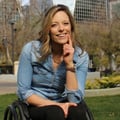 Born and raised in Moose Jaw, Lisa Franks grew up loving sports. At age 14 a cluster of blood vessels burst in her spinal cord, leaving her paralyzed from the neck down. Lisa regained the use of her arms and began using a wheelchair. As a Paralympic athlete, she won six gold medals and one silver, and set seven world records. Lisa graduated from the University of Saskatchewan with a degree in Mechanical Engineering and completed the Rick Hansen Foundation Accessibility Certification program. Lisa spends her time surfing, mountain biking and traveling in her wheelchair-accessible camper van.
Born and raised in Moose Jaw, Lisa Franks grew up loving sports. At age 14 a cluster of blood vessels burst in her spinal cord, leaving her paralyzed from the neck down. Lisa regained the use of her arms and began using a wheelchair. As a Paralympic athlete, she won six gold medals and one silver, and set seven world records. Lisa graduated from the University of Saskatchewan with a degree in Mechanical Engineering and completed the Rick Hansen Foundation Accessibility Certification program. Lisa spends her time surfing, mountain biking and traveling in her wheelchair-accessible camper van.
